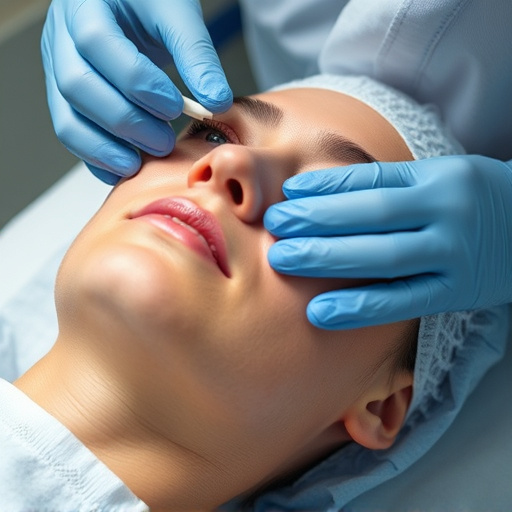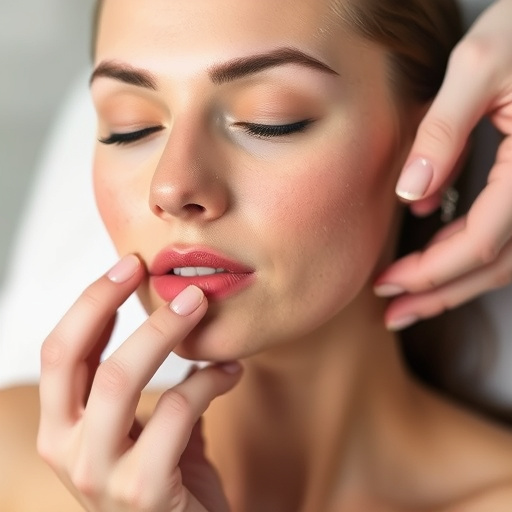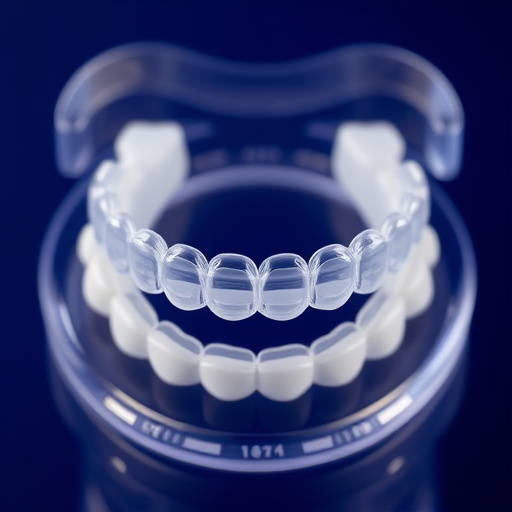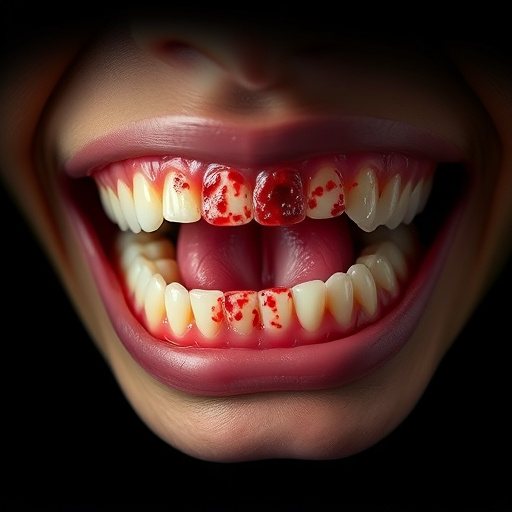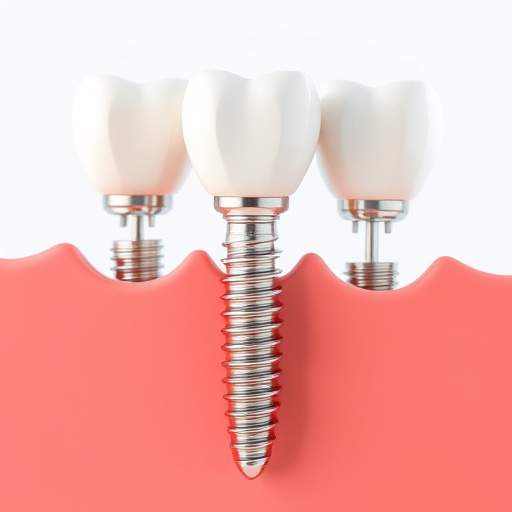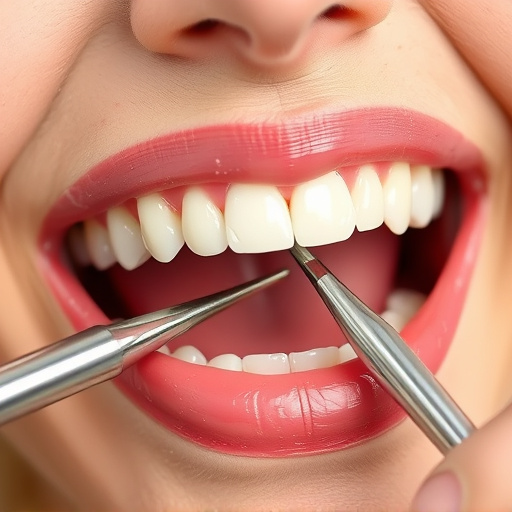Snoring, a global concern, disrupts sleep and health. Caused by narrowed airways, it leads to cognitive issues, increased risk of diseases, and fatigue. Non-invasive dental solutions like mouthguards or corrective dentistry offer relief. For severe cases, surgeries like UPPP or device placement provide permanent snoring treatment options, surpassing CPAP machines. Consulting healthcare professionals is key in selecting the most suitable snoring treatment options.
Snoring affects millions, disrupting sleep quality and overall health. Understanding snoring causes and effects is the first step towards a healthier lifestyle. This article explores comprehensive snoring treatment options, from non-invasive approaches like oral devices and therapy to surgical interventions for chronic cases. By delving into these diverse methods, we aim to empower folks to navigate their journey towards quieter, deeper sleep and improved well-being. Discover effective snoring treatment options that can transform your nights and life.
- Understanding Snoring Causes and Effects
- Exploring Non-Invasive Treatment Options
- Surgical Interventions for Chronic Snoring Cases
Understanding Snoring Causes and Effects
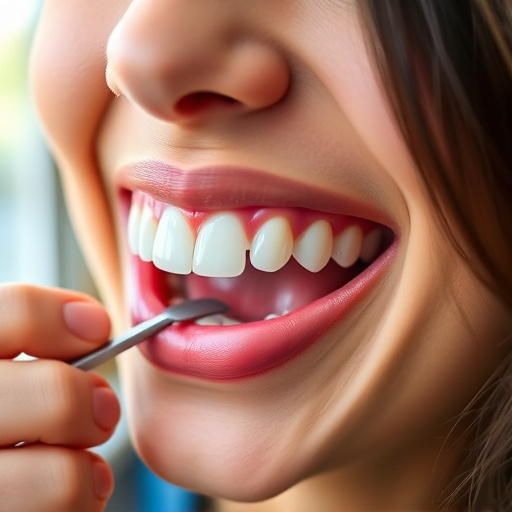
Snoring is a common condition that affects millions worldwide, yet it’s often overlooked as a serious health concern. Understanding its causes and effects is a crucial step in exploring snoring treatment options. Snoring occurs when air flows through narrowed or blocked nasal passages, leading to vibrations in the soft tissues of the throat, chest, and nose. These vibrations create the characteristic loud noises we associate with snoring. While it might seem like a harmless nuisance, chronic snoring can have significant health implications.
The effects of snoring extend beyond mere annoyance. It can disrupt sleep quality, leading to daytime fatigue, increased risk of accidents, and cognitive impairment. Moreover, snoring is linked to more severe issues such as high blood pressure, heart disease, and stroke. Identifying the root causes, which can range from structural anomalies in the respiratory system to lifestyle factors like obesity, is essential. Once understood, various snoring treatment options become accessible, including non-invasive approaches like lifestyle changes, oral appliances (like clear aligners or custom-fitted mouthpieces), and cosmetic dentistry procedures aimed at improving airflow and reducing the severity of snoring. For severe cases, emergency dental care or more advanced interventions might be considered to address the underlying conditions effectively.
Exploring Non-Invasive Treatment Options
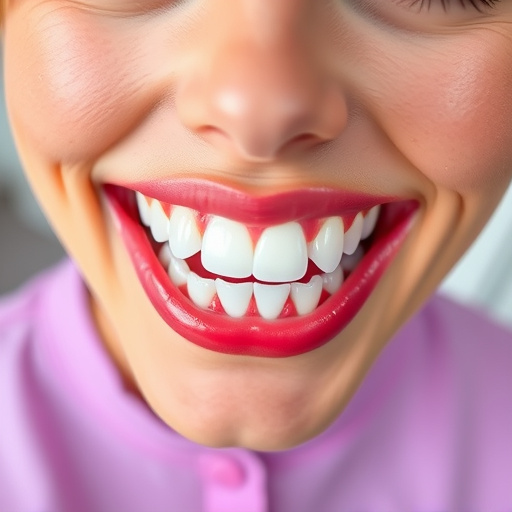
Many people suffering from snoring often seek safe and effective solutions to improve their sleep quality and overall health. Exploring non-invasive treatment options can be a game-changer for those looking to bid farewell to disruptive snoring. One such approach involves addressing underlying dental issues, which are surprisingly common causes of snoring. Tooth extractions, dental fillings, or even crowns might be recommended by oral healthcare professionals to correct misaligned jaws or narrow airways, thereby reducing snoring intensity.
These dental interventions often work hand-in-hand with other non-surgical methods like mouthguards. Customized to fit the individual’s dentition, these guards gently reposition the jaw, creating a more open airway during sleep. Unlike invasive procedures, such adaptations are simple yet effective remedies that can be easily incorporated into daily routines, offering snoring treatment options for a healthier and quieter slumber.
Surgical Interventions for Chronic Snoring Cases

For those with chronic snoring issues that significantly impact their quality of life, surgical interventions may be considered as a snoring treatment option. These procedures are typically reserved for cases where non-invasive methods have been ineffective or for individuals with complex anatomical structures contributing to snoring. One common approach is the removal of soft tissue obstructing the upper airway, such as the uvulopalatopharyngoplasty (UPPP) procedure, which reshapes the tissues at the back of the throat.
Another option is the placement of dental devices, similar to those used in cosmetic dentistry or wisdom tooth removal, to adjust jaw positioning and open the airway during sleep. These surgical interventions offer more permanent solutions compared to continuous positive airway pressure (CPAP) machines but carry their own set of risks and recovery periods. As with any medical procedure, prospective patients should consult with healthcare professionals to determine the most suitable snoring treatment options based on their specific needs and health conditions.
Snoring can significantly impact quality of life, but understanding its causes and exploring various safe snoring treatment options offer hope for a quieter, healthier future. From non-invasive techniques like mouthguards and nasal strips to surgical interventions for severe cases, there are effective solutions available. By addressing snoring at its root, individuals can regain peaceful sleep, improve overall health, and enhance their well-being. Embracing these snoring treatment options empowers folks to take control of their sleep and live life to the fullest.
